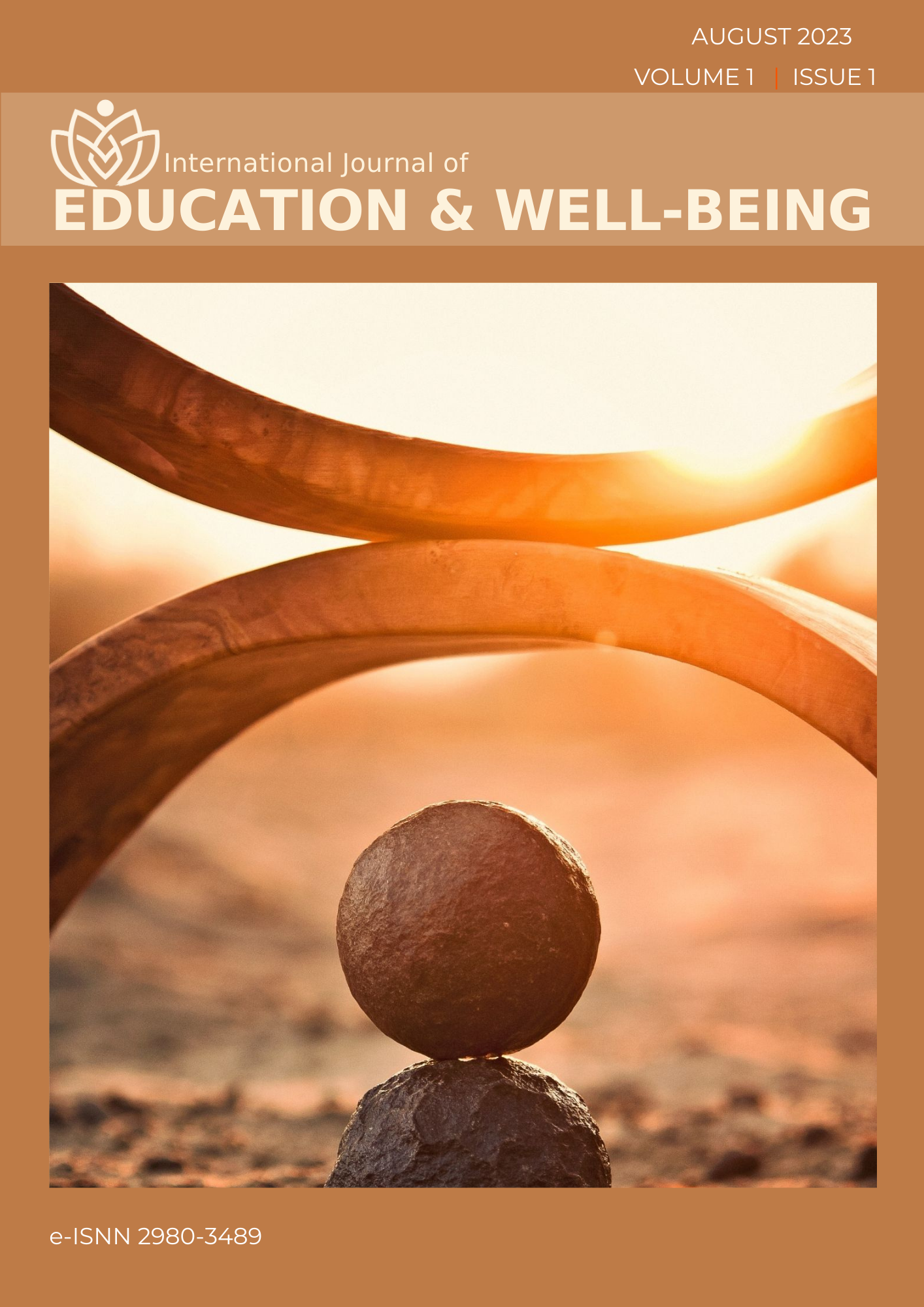Awareness of Politeness Maxim in An Efl Context: A Case in Libya
DOI:
https://doi.org/10.62416/ijwb-17Anahtar Kelimeler:
Politeness- Maxim- EFL Context- Moral Sense- EducationÖzet
Since the beginning of our societies, politeness has been the target of criticism. This criticism begins as early as childhood, and as a direct result, the politeness maxim has developed into an interesting topic of conversation. When we are acting or speaking, we must treat everyone politely. This obligation exists regardless of the context. We can maintain a polite manner in our vocal expressions even though our intentions are not particularly good for the people we speak with. For example, we must respect other people's perspectives, even if we vehemently disagree with them. Within the context of this piece, Leech's aphorisms act as the cornerstone upon which an investigation of civility is built. He recommended six distinct groups of etiquette maxims and provided examples for each. The primary focus of this research is on the extent to which university students in Libya studying English as a foreign language are aware of the need to maintain good manners. According to the abstract, the study's goal is to explore the level of knowledge held by Arab-Libyan and Amazigh-Libyan EFL students about the speech act of politeness maxim. This investigation will be carried out to determine the amount of knowledge possessed by these students. In the classroom of English for Speakers of Other Languages (ESOL), which serves as a learning environment? Because utterances must sound universal and acceptable to contemporary culture, the research recommends investigating the approval and agreement maxim in the English as a Foreign Language (EFL) context. This is because these maxims make ethical sense in education.

İndir
Yayınlanmış
Nasıl Atıf Yapılır
Sayı
Bölüm
Lisans
Telif Hakkı (c) 2023 Ayman Riheel Alnaas Taha

Bu çalışma Creative Commons Attribution 4.0 International License ile lisanslanmıştır.






